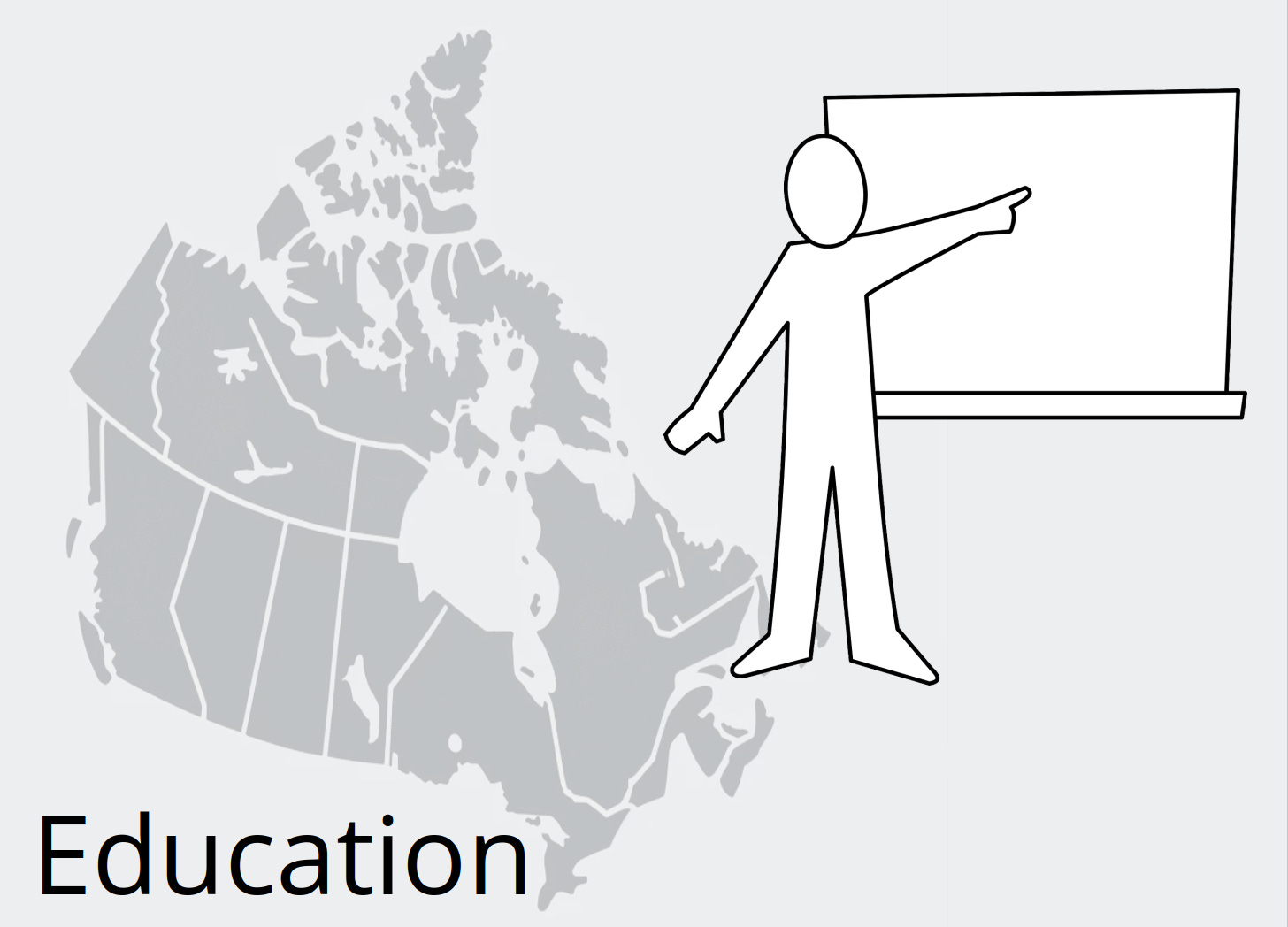Inside the Quiet Power of the Ontario College of Teachers
As we’ve already discovered, professional regulatory associations are critical parts of any functioning society, but they don’t always deliver ideal results. This post - in what I hope will eventually become a series - will look at another professional group.
You may remember previous posts in The Audit describing the costs involved in public school curriculum development. And other posts describing how, when it comes to what’s actually taught in the classroom, most of that expensive curriculum is probably ignored.
So then what does determine classroom-level education standards? Well that would be teachers. And what defines how a teacher should behave? In Ontario’s public primary and secondary schools, at least, that would be an independent, self-regulatory organization called the Ontario College of Teachers (OCT). OCT is mandated to license, govern and regulate the practice of teaching. They also accredit teacher training programs and regulate certification and professional development.
Who controls the OCT? Well it’s not government. And it’s not school boards. And it’s not parents. Technically, it’s not even teachers. When the OCT was originally created by the Government of Ontario in 1997, it was governed by a 12-member council of whom six were Ontario Certified Teachers and six were not.
The Collage’s governance structure was changed in 2020 by Ontario’s Bill 229. Since then, there are supposed to be nine members of the College appointed by the Council and nine non-teachers appointed by the Lieutenant Governor in Council.
Strangely, the OCT website’s governance page still fails to reflect that change - and their 2023 Annual Report (the most recent one available) listed the names of only 12 council members. Curiously, the page listing current council members contains only eight names.
Is this evidence of quiet but willful defiance against a deeply unpopular government action or simple clerical negligence? Or is there something else going on? The minutes from the council meeting of June 6, 2024 include the motion to:
“recommend that the Lieutenant Governor in Council reappoint Diana Miles and Elaine Lajeunesse to Council for a three-year term commencing on January 1, 2025”
Well it seems that recommendation was somehow rejected. Minutes from the March 3, 2025 meeting make no reference to Diana Miles - who until that point had been the Chair of Council. Although contingencies relating to ongoing “public member vacancies” were addressed.
In an event that might or might not be related, a woman named Diana Miles1 - who, since 2017, was the CEO of the Ontario Law Society - was recently ousted from that position after the sudden and irregular addition of around $350,000 to her annual salary.
OCT represents around a quarter million Ontario teachers, receiving somewhere in the neighbourhood of $200 in membership fees annually from each of them. In 2023, according to the 2023 OCT financial report, that represented nearly $46 million - covering more than 91 percent of OCT’s total revenues.
OCT paid out more than $26 million of those revenues in employee salaries and benefits. Unusually for such organizational reports, there’s no indication of how many people OCT employs and what duties they perform.
The KPMG audit does contain a tantalizing hint about the OCT workforce:
“All but three non-teacher employees are members of the Ontario Municipal Employees Retirement System”
Besides salaries and benefits, another $11.5 million was spent on “investigations and hearings” (presumably in response to the 1,127 complaints they received that year against teachers) and “operating support”. Which does invite questions about exactly what the salaried employees were doing.
By mandate, OCT exists at least in part to make the education system more accountable to the public. They certainly do handle complaints against teacher adherence to published standards, and they maintain a public registry of each teacher’s current status. But beyond that, there’s no public-facing evidence clarifying exactly what else they do and how they spend their money.



My experience has been that professional associations, due to their government granted monopoly "right to practice" are more concerned with maintaining their monopoly and power over members than professionalism and as David points out they are all now captured by the latest flavor of the week (currently cultural Marxism), indigenous knowledge, alphabet people, climate hysteria, Hamas sympathies etc. and they are quite ruthless when it comes to cancelling member's "right to practice" when they wander off the narrative reservation irrespective of their level of professional work. I believe in Caveat Emptor and would be perfectly happy with eliminating all "right to practice" legislation for all professions and guilds. I used to be a certified lead Environmental Management System auditor and am familiar with standards associations such as ISO and CSA and I see no reason why voluntary standards cannot be developed and adopted by competing associations of practitioners for those discriminating customers and clients within a free market. You would find that the insurance industry would have a critical role in ensuring qualified practitioners for high risk activities.
"OCT paid out more than $26 million of those revenues in employee salaries and benefits. Unusually for such organizational reports, there’s no indication of how many people OCT employs and what duties they perform."
I'm reading a book by David Graeber titled "Bullshit Jobs" , which argues that many of our 21st century jobs are effectively useless and exist solely to keep the big machine turning. No actual value is really generated. I suspect most of the folks at the OCT would qualify as members of the BS Job club.
Barbara Kay published a good essay last week in the National Post on the evolution of the OCT and its current existence as yet another way for progressive social-engineering enthusiasts to get fat off taxpayer dollars. https://nationalpost.com/opinion/barbara-kay-abolish-the-ontario-college-of-teachers